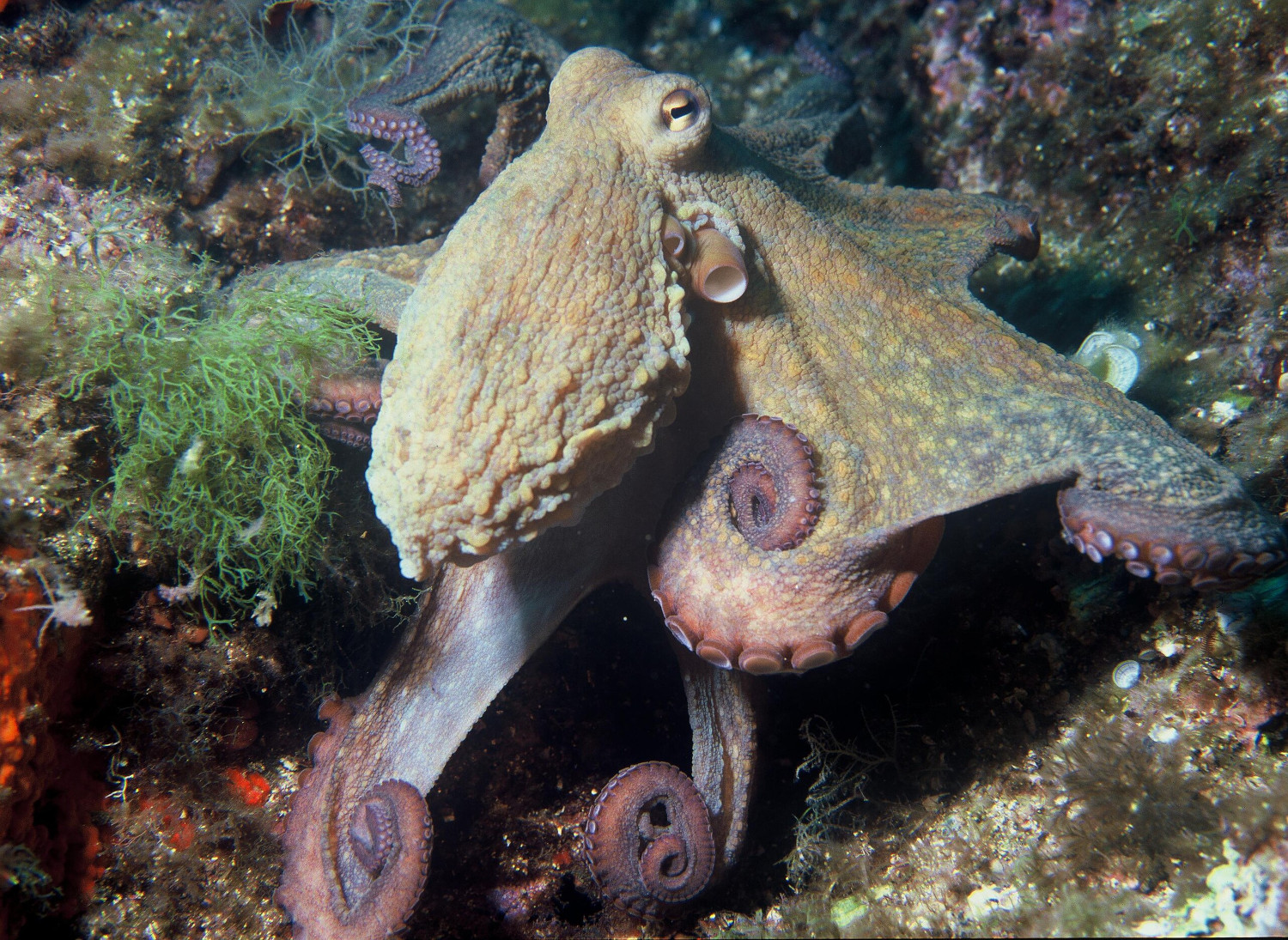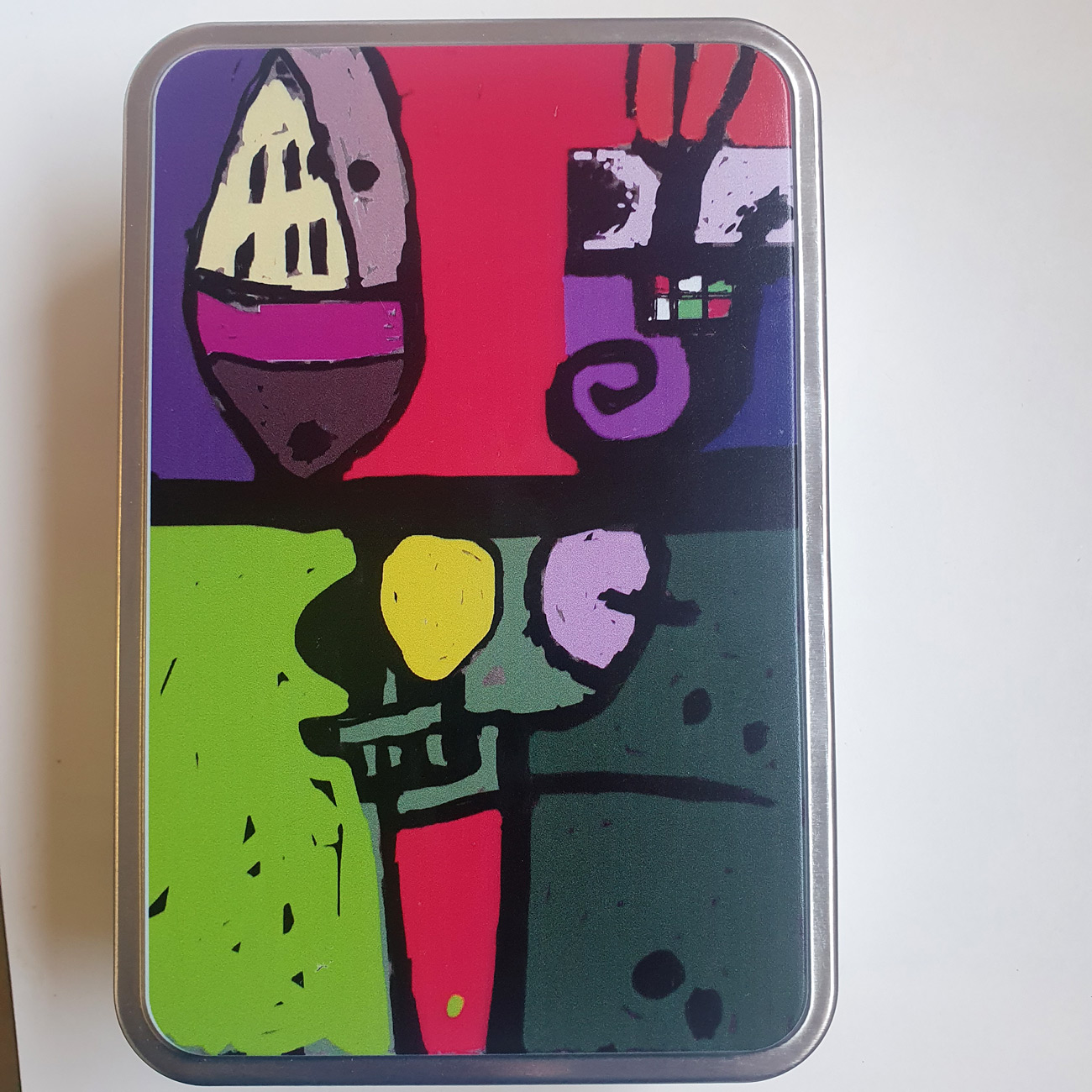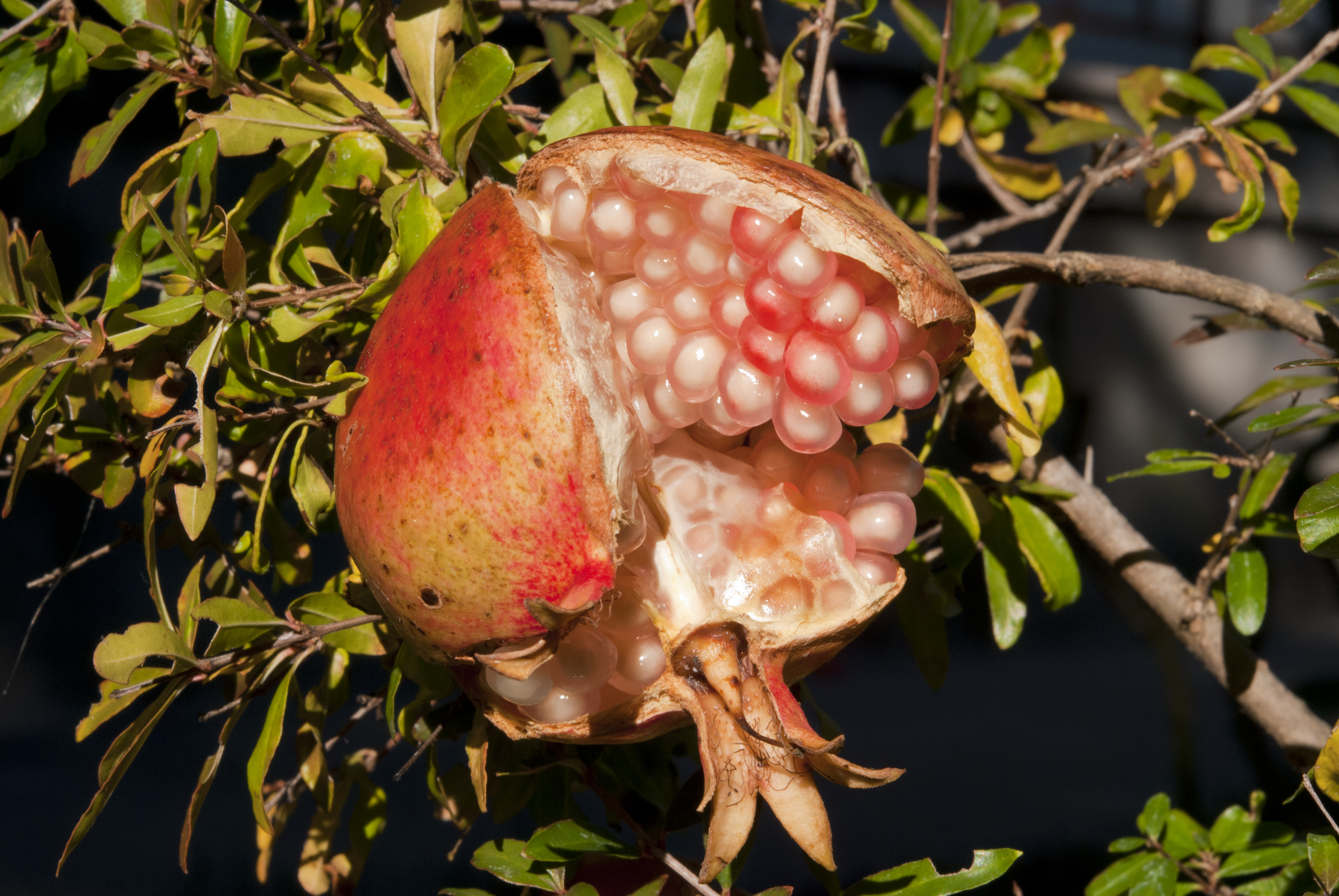"The hydroponic tomato has been placed due to lack of land and the lack of land is a consequence of monoculture"
- Marta Barba made a thesis on tomato and in the Egonarria program he explained in an interview with Eli Pagola what the hydroponics technique is. In his opinion, the key is to analyze when and why the hydroponics were introduced in the Basque Country: "Because there are land problems. And there are land problems as a result of monoculture." They have talked about the logic of eating tomato all year round, about the macroncalendar of Valdegovía and about the journey that a "Basque" tomato takes, from the moment they create seed in China or America until it grows here.

Eli Pagola interviews Marta Barba with the taste and the flesh of a nice tomato. We recommend complete vision:
Here is a summary of some of the ideas that have worked during the interview:
Knowing that many Euskolabel tomatoes are hydroponic, Pagola asks him to explain the hydroponic technique. Barba explains that "basically what hydroponics means is that a plant, in this case tomatoes, is produced in the water. That is, instead of planting on the ground, it's grown in a material that has hardly any properties and is very absorbent, like coconut fiber. This material absorbs water and does not feed the plant as such, so they feed through water: the nutrients needed by the plant and the rest are mixed".
"The key is to analyze when and how the hydroponics arrived in the Basque Country"
Barba states that the key to hydroponics is to analyze their origin. He explains that husbands, small horticultural productions, "have had to enter a continuous technological improvement to manage the side effects of a given system". He describes how this evolution of tomato producers has evolved: "First those who were mixed farms become those who dedicate themselves exclusively to horticulture, then they produce less and less products within horticulture, then the only product, for example fungi or others, then they treated the land, but these treatments have been prohibited because they are very harmful and then the solution is to produce without land... because there are hydropination problems.
Technology isn't always a bargain.
"Hydroponic doesn't produce much more," says Barba. "What the hydroponics do is respond to the problems on the ground. But if you have diversified production, if you take care of the land, you usually don't have those soil problems, so you don't need hydroponics." On the other hand, hydroponics is not what anyone can develop at home: "The first thing to do is to invest heavily in a system that only serves to produce tomatoes. And then it's a expensive technique, you always have to buy that substrate or absorbent material, you also have to buy the food you're going to get into the water, it has a lot of water consumption -- it's a technique that makes us absolutely dependent."
Macroncalendar Valdegovía: problems with tomato consumption all year round
When Pagola asks him about Valdegovía's macroncalendar, Barba has sounded to the public, "Maybe it's not a bad solution if we want to eat tomato all year round, right? If we want to eat tomatoes all year round, better Produce in Valdegovía than in Almeria, right? The first thing we have to look at is what the vegetable intake we have or what it should be. If Valdegovía's macroncalendar might have something good, ironically speaking, it's that it brings us closer to something we don't normally see. Many times the vegetables purchased in supermarkets are not produced in our country and are produced in very precarious working conditions, but we do not see it. Valdegovía means getting closer and seeing this model of agro-industry."
He explains that the macroncalendar of Valdegovía will compete with the dwellings that use the hydroponics: "It was the most orderly and with the most money those who committed to modernization to be able to continue living from the dwelling in some way. Looking critically at these farms, but when I went to look at them, I put them face to face with those technologies, and in our case, they've developed in very small farms, which have somehow done what they can. I'm not going to defend that, but it's not those big enemies I imagined. They're remodeled cottages. Others took the leap to the ecological, opted for another.
Valdegovía's macroncalendar brings us another big leap. It is not a step that has given what lived from the earth, in some way to continue living from the farmhouse, we can look critically at it but they deserve my respect. Valdegovia is already a macro-investment, an industrialized use of land, a production based on other technologies from scratch... and it will surely also compete with these small farms. And they will surely be much worse products, because they're made in a much more macro system."
He explains that the way of marketing is related to the quality of vegetables: "Medium-sized farms use relatively short marketing means, which always implies that you can sell a cleaner product. Like those in Valdegovia, in longer marketing lines, it is necessary to collect vegetables before they are green, as they need greater maintenance capacity to stay on that long marketing line".

Long trip of a tomato Euskolabel
Barba explains that most of the tomatoes sold with the label Euskolabel are from the variety Jack, "and the variety Jack is the seed of Monsanto or Baye". He continues to explain that currently Jack is the majority of grafted plants. Therefore, this is the journey that most tomatoes Euskolabel make until they end up on our plate: "The seeds are sent from Chile, Peru, China, Almería from Spain, to Murcia, where they make grafted plants; from there come the plants and here grow the 'Basque' tomatoes. And they are Basque tomatoes, according to the regulations of Euskolabel."
Seeds are produced for something in this global South, according to Barba: "The production of hybrid seeds requires a lot of labor and they will produce where cheap labor is paid". In addition, they must work with products harmful to health and the environment: "Since fruits or vegetables that are produced to produce seeds will not be consumed, the regulations allow much greater use of plant protection products".
After all, Barba prefers to taste the tomato at the time and then enjoy the seasonal vegetables. If you do not have your own tomato or the vegetable garden of your friends, please go to the local market to eat good tomato: buy it to the grower you know and ask you directly about how to work the tomatoes. And if we go to the supermarket, "well, although I said it, the Euskolabel will be the most orderly."
Just as we experienced the flourishing of the Basque Country with the help of the artists, so that this time, taking advantage of their impulses, we continue to make our way together giving the necessary support to the Basque political prisoners, exiles and deportees
The... [+]



















